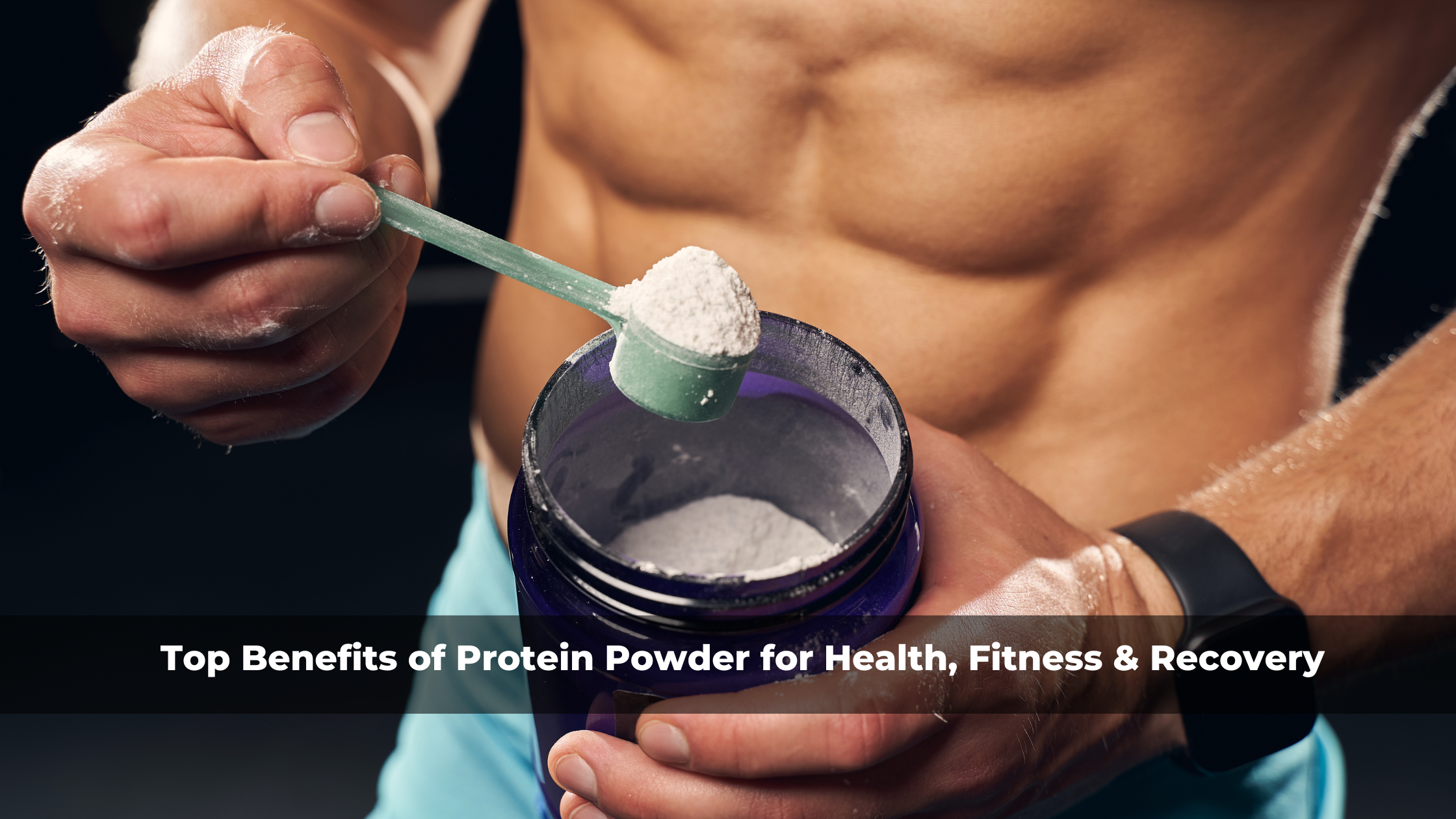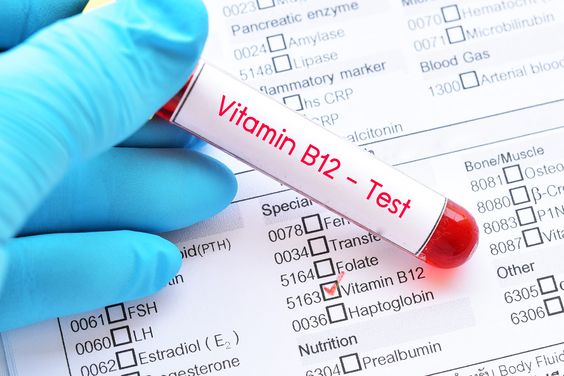Maximizing Energy Levels Naturally for Peak Physical Output

Strong 8k brings an ultra-HD IPTV experience to your living room and your pocket.
In a world where performance, productivity, and physical vitality are constantly demanded, optimizing energy levels becomes a priority—not just for athletes, but for anyone striving to function at their best. While energy drinks and artificial stimulants might offer a temporary jolt, they often come with a crash that negates their benefits. The real key to sustained, high-performing energy lies in natural strategies that support your body’s systems at a foundational level.
From nutrition and sleep to hormone optimization and physical conditioning, this guide will walk you through how to maximize your energy naturally—for consistent peak output, both mentally and physically.
The Biological Blueprint for Energy
Energy isn’t just a feeling—it’s the byproduct of cellular function, hormonal balance, and metabolic efficiency. At the center of this process are your mitochondria, the energy powerhouses of your cells. The healthier and more efficient your mitochondria, the more robust your energy levels will be.
Your endocrine system also plays a huge role in regulating daily energy. Hormones like cortisol, testosterone, thyroid hormones, and growth hormone (HGH) help manage metabolism, recovery, and physical stamina.
When these systems are in balance, energy flows naturally. But even small disruptions—whether from stress, poor nutrition, lack of sleep, or sedentary behavior—can lead to significant energy dips.
Sleep: The Silent Superpower
Before diving into supplements and dietary tweaks, it’s important to emphasize the most powerful natural energy booster of all: sleep.
During deep and REM sleep, your body repairs tissues, consolidates memory, and releases vital hormones like HGH. Skimping on sleep reduces insulin sensitivity, disrupts circadian rhythms, and increases cortisol—all of which can leave you fatigued, foggy, and physically sluggish.
To naturally increase energy:
Aim for 7–9 hours of quality sleep.
Go to bed and wake up at the same time daily.
Avoid screens 1 hour before bed to support melatonin production.
Consider a magnesium or adaptogen-based supplement if your sleep is restless.
Remember, no supplement or diet can override chronic sleep deprivation.
Nutrition: Fueling the Fire
What you eat directly impacts how much energy you have and how efficiently your body uses it. The goal is to eat foods that stabilize blood sugar, provide steady fuel, and reduce inflammation.
Start with balanced macronutrients:
Complex carbohydrates (like oats, quinoa, and sweet potatoes) provide slow-burning energy.
Healthy fats (from avocados, nuts, seeds, and olive oil) support brain function and hormone production.
Lean proteins (chicken, fish, eggs, legumes) repair muscles and keep you satiated.
Micronutrients like B-vitamins, iron, magnesium, and vitamin D are essential for energy metabolism. Deficiencies in any of these can lead to chronic fatigue and poor performance.
Also, hydration cannot be overstated. Even mild dehydration reduces physical endurance and cognitive clarity. Drink at least 2–3 liters of water daily, and more if you train intensely.
Physical Activity and Energy Production
Contrary to what one might think, exercise doesn't drain energy—it creates it. Regular physical activity boosts mitochondrial efficiency, improves oxygen circulation, and trains your cardiovascular system to deliver fuel more effectively to working muscles.
However, the type of activity matters when the goal is consistent energy:
Strength training stimulates muscle-building hormones like testosterone and HGH.
Low-intensity steady-state (LISS) cardio, such as walking or cycling, boosts daily energy without overtaxing the nervous system.
High-intensity interval training (HIIT) improves both anaerobic and aerobic energy systems while triggering a powerful release of endorphins and HGH.
The key is to find your sweet spot: train consistently, but don’t overtrain. Chronic overexertion can lead to burnout, adrenal fatigue, and long-term performance loss.
Hormonal Health and Natural Boosting with HGH
Balanced hormones are fundamental for optimal energy levels. Testosterone, estrogen, thyroid hormones, cortisol, and growth hormone (HGH) each play a synergistic role in energy, stamina, recovery, and focus.
HGH, in particular, supports muscle development, tissue repair, fat metabolism, and mitochondrial function—all of which directly contribute to sustained energy and performance.
For those looking to support natural HGH levels:
Sleep deeply and consistently.
Engage in regular high-intensity workouts.
Intermittent fasting can help stimulate HGH release.
Consider HGH supplements formulated with amino acids like arginine, glutamine, and glycine to naturally support HGH production.
These supplements, when used responsibly, can enhance recovery and boost long-term energy without disrupting your body’s hormonal rhythm.
Stress Management: Protecting Your Energy Reserves
Chronic stress is one of the biggest energy drains. When stress is prolonged, cortisol levels stay elevated. While short bursts of cortisol can be helpful, long-term exposure leads to fatigue, muscle breakdown, and hormonal imbalance.
Combat stress and protect your energy reserves by:
Practicing deep breathing, meditation, or mindfulness daily.
Prioritizing recovery days in your training routine.
Spending time in nature or engaging in creative, non-work activities.
Getting regular sunlight to support your circadian rhythm and vitamin D levels.
Lowering stress not only makes you feel better—it also restores hormonal balance and boosts both physical and mental energy.
Natural Supplements for Energy Optimization
While a clean diet and exercise regimen should always come first, some natural supplements can support energy production when used strategically.
Adaptogens like ashwagandha, rhodiola, and ginseng help regulate cortisol and increase stress resilience.
CoQ10 and L-carnitine support mitochondrial function.
Creatine improves muscular endurance and mental alertness.
HGH supplements can aid energy by improving cellular repair, boosting recovery, and supporting lean muscle mass.
The key is consistency and synergy—supplements should complement your lifestyle, not replace it.
Final Thoughts: Building an Energy-Rich Life
Maximizing your energy levels naturally is not about quick fixes or overloading on stimulants. It’s about creating sustainable systems in your life that prioritize nourishment, movement, recovery, and hormonal health.
By aligning your body’s natural rhythms with smart training, whole-food nutrition, and supportive tools like HGH supplements, you not only increase your energy but also your longevity, focus, and physical output.
You don’t need to compromise vitality to achieve results. With the right natural strategies, you can thrive every day—physically and mentally—without burning out.
For more details: https://www.globenewswire.com/news-release/2025/04/19/3064334/0/en/HyperGH-14X-Reviews-2025-Best-HGH-Supplements-for-Men.html
Note: IndiBlogHub features both user-submitted and editorial content. We do not verify third-party contributions. Read our Disclaimer and Privacy Policyfor details.







